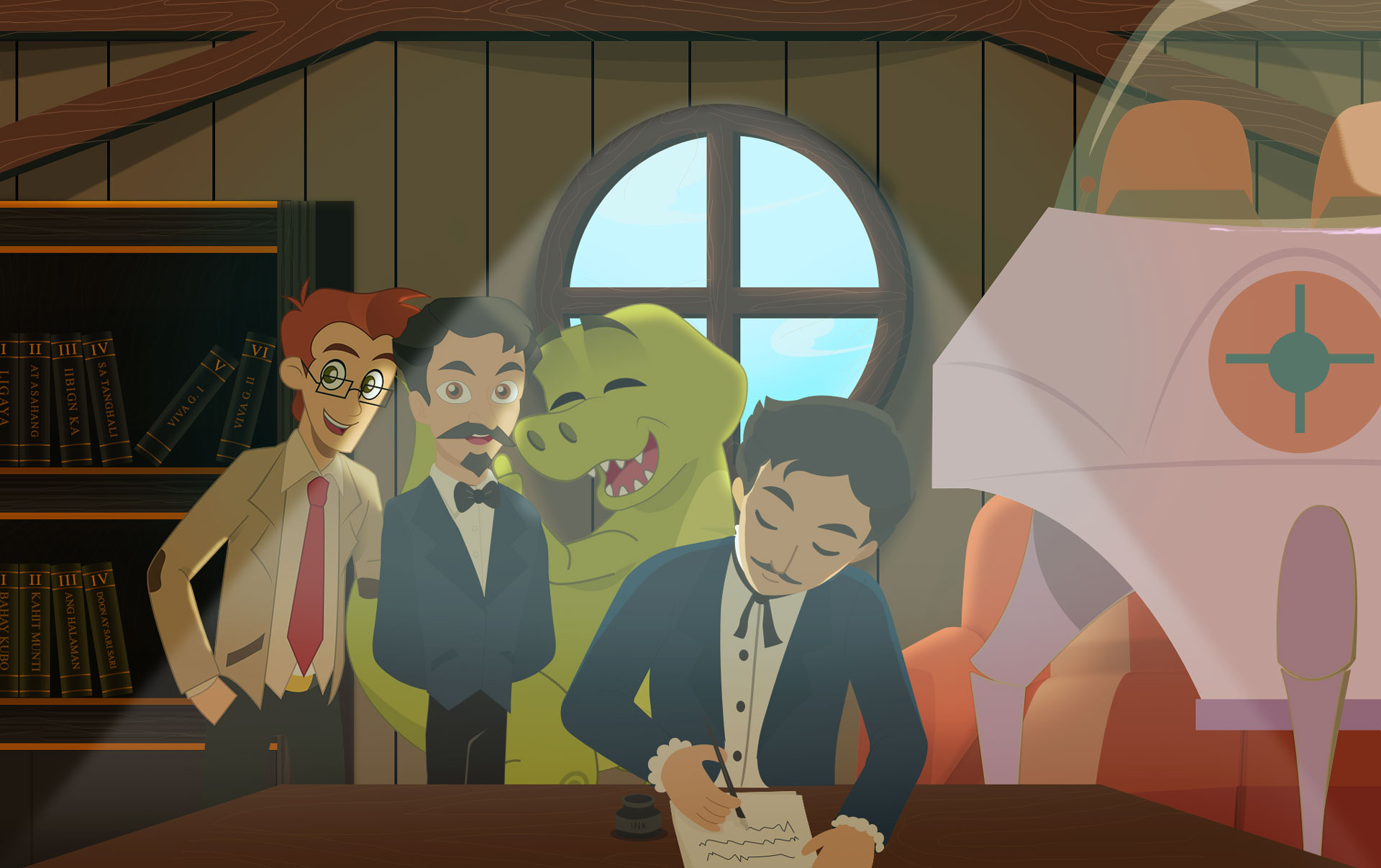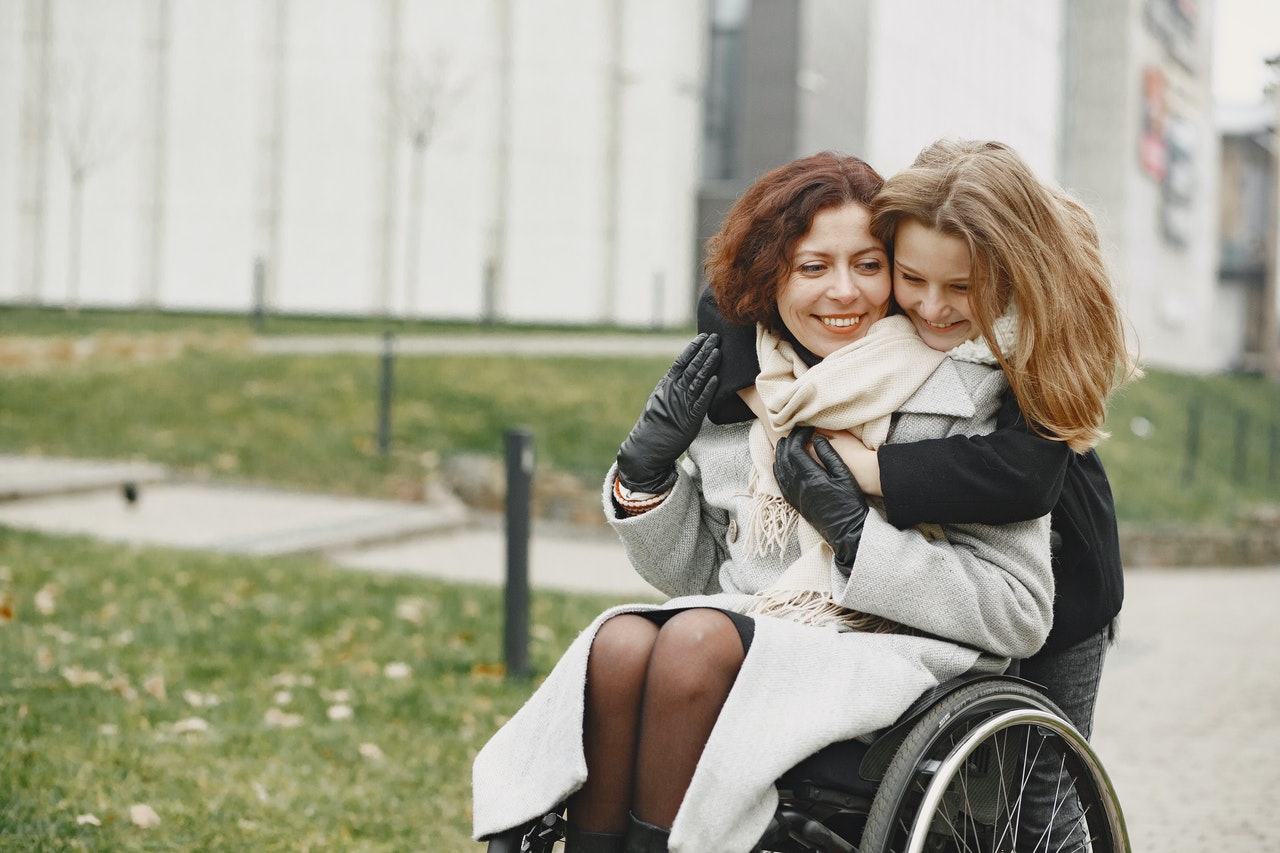Top Tips for Helping a Person with HD - for Kids
February 27, 2018
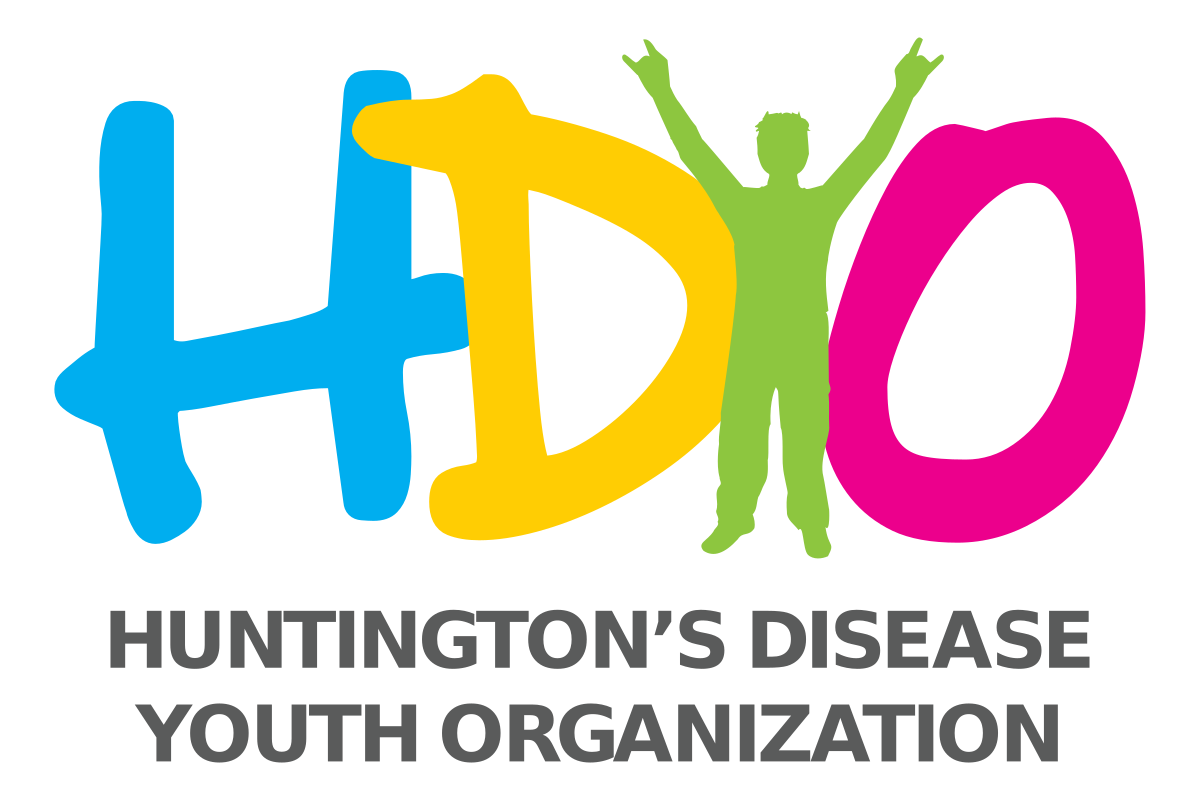
HDYO has more information about HD available for young people, parents and professionals on our site:
www.hdyo.org
Written by Michaela Crutsinger, OTDS
Edited by K. M. Knewstep-Watkins, OTD, OTR/L
This section is here to help children look after their family member who has HD by offering some tips on caring. These tips are split into different topics and stages of HD (early, mid and late stage). We hope you find this section helpful.
Early Stage
Eating & Meals
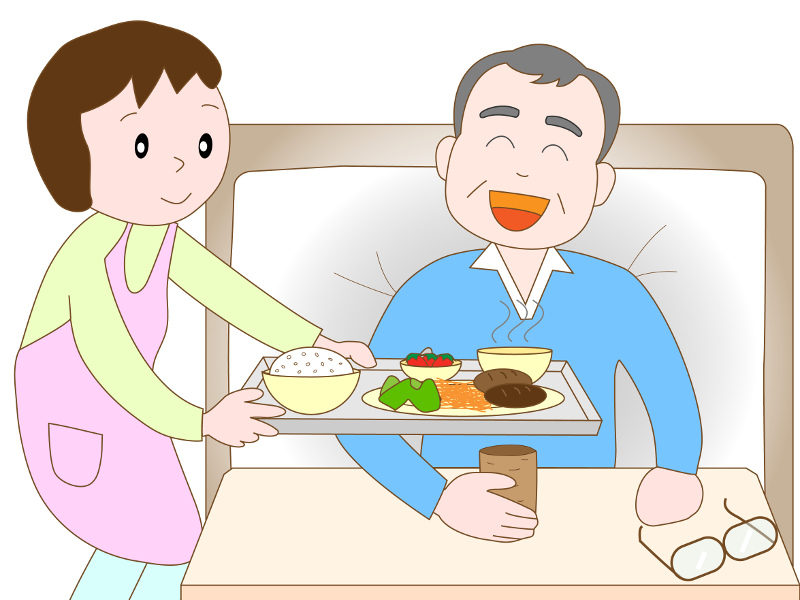
During the mealtime, you may notice your family member with HD having some new difficulties. Here are some things that can be helpful during mealtimes for a person with HD.
- Forks and spoons with bigger handles can help a person eat with less spilling. Using a bowl instead of a plate can help too. These may look different but they will be easier for them to grab and use.
- Ask if you can help prepare a snack or the meal when they are feeling tired. What do you like to help cook?
- Your family member may make movements when eating that seem strange to you. They can’t help it, and it won’t hurt them.
- PLASTIC cups, bowls, and plates are great! With plasticware, no one has to worry about broken glass.
Getting Dressed
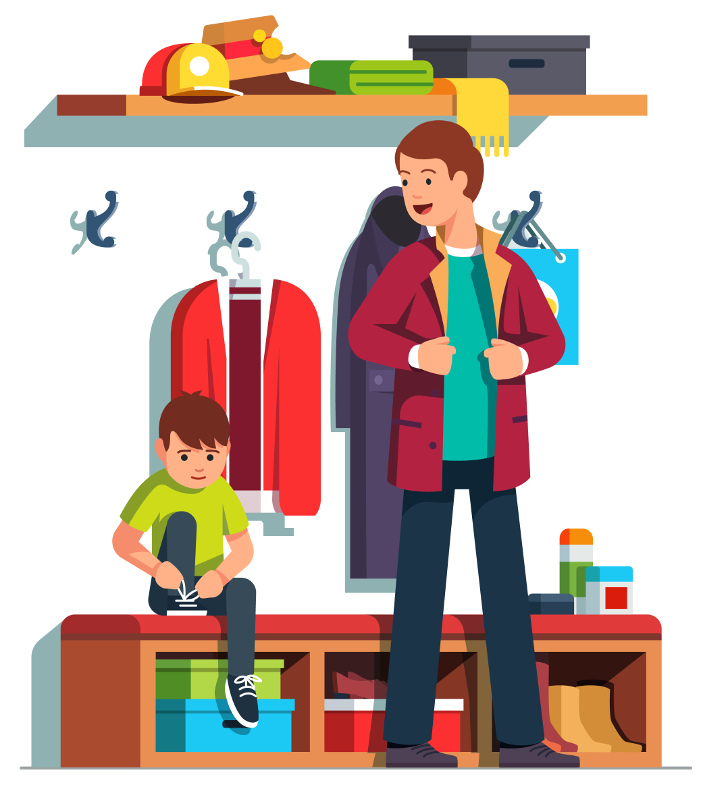
For someone with HD, clothes with buttons and zippers or shoes with shoelaces sometimes can take more time and effort to put on or take off.
- Sometimes people with HD have favorite clothes because these clothes don’t have buttons or zippers, which makes them easier to put on or take off.
- It is often easier and safer to sit down while getting dressed (instead of doing this standing up).
- Be patient while your family member is focusing on doing something that takes small hand movements, such as tying shoelaces.
- You can also offer to help your family member by offering to button a button or tie his shoes if he or she is in a hurry or getting frustrated.
Driving
Car safety is always important. You can be helpful while riding in the car by being quiet and a good listener.
- When you are riding in the car with your family member, you can help them focus by playing quietly, reading a book, and turning down the radio.
- Always wear your seatbelt.
- If you ever do not feel safe riding in a car, you should tell another grown-up.
Mobility/Moving
- Your family member may have a hard time with tripping or falling.
- Do not leave toys, jackets, or trash on the floor.
- Talk with your family about fun activities that you can all do together. Some families like to go on walks together.
Home Safety
- Help by keeping your room clean and picking up your things around the house so your family member won’t trip.
Thinking
- Your family member might have a hard time remembering names and appointments. You can help by writing short notes down for them.
Middle Stage
Eating & Meals
- Eating food can make your family member very tired and take lots of effort. Try to be patient with them
- Ask another adult before giving your family member with HD a drink or snack. The food may need to be cut up or thickened so it is safer and easier for them to eat.
- Your family member might be using lots of “helpers” like bigger forks and spoons or a cup with a lid. These might look a little funny but they make eating easier
- Sometimes, you might see them use a very special type of utensil called “Liftware,” which automatically keeps the spoon or fork level.
Driving/Transport
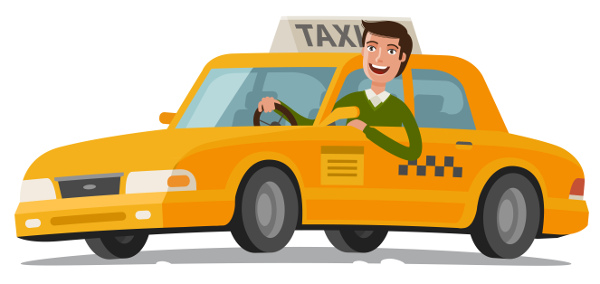
- When your family member stops driving, it can be very hard for them, but it helps keep them safe. If they use the subway, or a taxi, you could go with them and keep them company.
Mobility/Transfers
- It may be difficult for your family member to move around the house and your community. They might use something to help them, like trekking poles, a walker, or a wheelchair to help them be safe.
- Using a gait belt can also be a good way to help a person with HD from falling.
Home Safety
- Your family member might use something called a tub transfer bench in the shower to keep them safe. They can sit in the bath on the bench instead of standing to help them save energy and keep them from falling.
- Keep your toys and things put away to keep people from tripping.
- Your parents may do certain things to keep your family member safe, like organizing things a special way, so you can help them by following the same routine.
Thinking
- Your family member may have trouble remembering things sometimes, and they may take a little longer to do things than you do.
- Help them by giving them a hint or helping them to start an activity.
- A daily routine is good for your family member. If you can, help them stick to it and remember what comes next.
- Sometimes your family member may seem impatient, but they can’t help it. This can be part of the disease.
Late Stage
Eating
- Your family member may have difficulty eating and swallowing. Eating can take a long time and make them very tired.
- They may need to have their food chopped or blended up so it’s easy for them to eat.
- They may need to have their water and drinks thickened with a powder, this makes them easier to swallow.
- Sometimes when eating becomes too hard, a person may have a feeding tube. This helps them get food into their body more easily without so much work.
Staying at home
- Your family member may still live at home for a long time, or he may move to a place where there are more people to care for him.
Mobility/Transfers
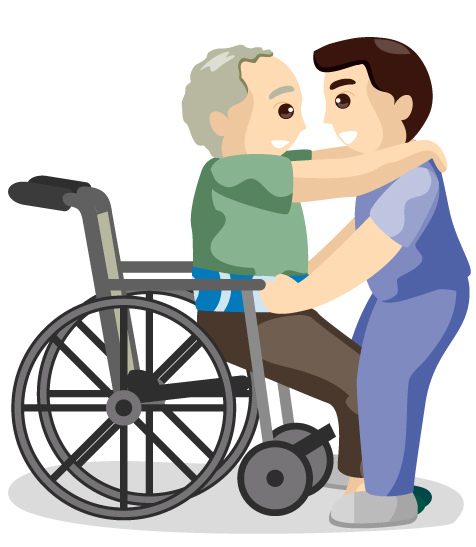
- Getting around the house is likely quite difficult for your family member in late stage, and they might need a wheelchair to be safe.
- Your family or the caregivers might work together or use an electric lift to help move your family member safely from a bed or chair.
Home safety
- Keep your toys and other items put away and tidy so your family member doesn’t fall.
Thinking
- In the late stage of HD, your family member will be slower at thinking, doing, and saying things.
- Even if they act funny or strange, remember that this is probably from the HD.
- Talk to your family member. They can still hear and recognize you.

